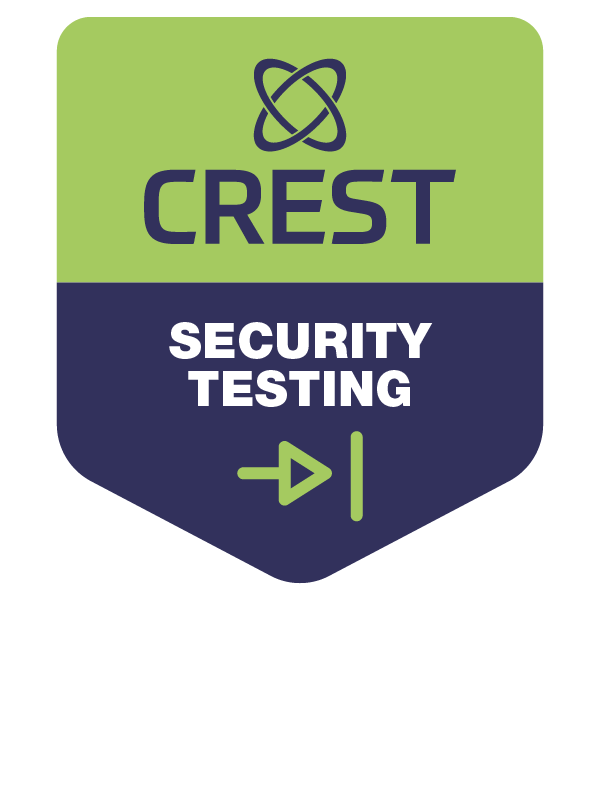Ethical hacking involves an attempt to gain unauthorized access to computer systems, applications or data. Unlike malicious hackers who exploit vulnerabilities for personal gain or harm, ethical hackers employ their skills to identify security weaknesses, but with a critical difference — their actions are legal and intended to improve security. This practice is akin to a cybersecurity audit, where the ethical hacker plays the role of a potential intruder to assess the robustness of a system's defenses.
Why ethical hacking is important for IT professionals?
For IT professionals, ethical hacking is not just a buzzword; it's a necessity. In a world where digital threats are constantly evolving, staying one step ahead of malicious hackers is crucial. Ethical hackers help organizations identify and fix vulnerabilities before they can be exploited. This proactive approach is vital for maintaining the integrity, availability and confidentiality of information systems.
Ethical hackers vs. malicious hackers
Ethical hackers and malicious hackers share a common skill set, but their intentions diverge significantly. While malicious hackers exploit vulnerabilities for personal gain or mischief, ethical hackers use their expertise to identify and address security flaws, ultimately strengthening the security posture of an organization.
Key concepts of ethical hacking
Ethical hacking operates within strict legal frameworks, maintaining clear scopes, reporting vulnerabilities and upholding data integrity and confidentiality.
- Legal: Ethical hacking is always conducted within the boundaries of the law. Ethical hackers must have explicit permission to access and test the systems they work on.
- Define the scope: The scope of ethical hacking is well-defined, focusing on specific systems and areas to identify vulnerabilities.
- Report vulnerabilities: Ethical hackers are obliged to report all discovered vulnerabilities to the organization, along with recommendations for improvement.
- Respect data sensitivity: Ethical hackers prioritize the confidentiality and sensitivity of data during their testing, ensuring no unauthorized access or disclosure.
Common vulnerabilities uncovered by ethical hackers
Ethical hackers often discover issues such as injection attacks, broken authentication, security misconfigurations, usage of components with known vulnerabilities and sensitive data exposure. Addressing these vulnerabilities is crucial for securing systems against attacks.
Ethical hacking vs. penetration testing
Ethical hacking and penetration testing are two terms often used interchangeably in the cybersecurity field, but they have distinct differences in their objectives, scope and methodologies. Understanding these differences is crucial for IT professionals when deciding on the right approach for their cybersecurity needs.
While both ethical hacking and penetration testing aim to enhance system security, they differ in scope and responsibilities. Ethical hackers simulate malicious hackers' methods to find potential security issues. In contrast, penetration testers have a narrower focus, honing in on specific systems or compliance requirements.
Scope of ethical hacking:
Ethical hacking extends as a strategic, authorized endeavor to safeguard digital landscapes from potential threats and vulnerabilities.
- Objective: The primary goal of ethical hacking is to simulate the actions and mindset of a malicious hacker. An ethical hacker employs various hacking techniques to identify security vulnerabilities.
- Scope: Ethical hacking is broad in scope. It goes beyond just testing the security of specific systems or applications. It encompasses a wide range of activities to assess the overall security posture of an organization, including social engineering, physical security tests and more.
- Authorization: Ethical hackers must have explicit permission from the organization to probe its systems. This is a key legal and ethical consideration in their work.
- Report and advise: Ethical hackers provide a comprehensive vulnerability assessment report. They not only identify weaknesses but also advise on strengthening security measures and mitigating risks.
Scope of penetration testing:
Penetration testing defines the parameters within which cybersecurity professionals rigorously examine and assess the security of a system, identifying vulnerabilities and fortifying defenses.
- Objective: Penetration testing (or pen testing) focuses more narrowly on discovering vulnerabilities in specific systems, networks or applications. The goal is to penetrate the system's defenses using various techniques to identify and exploit weaknesses.
- Scope: Penetration testing is usually more focused and targeted compared to ethical hacking. It involves testing specific systems or applications to identify vulnerabilities that could be exploited by malicious hackers. Pen testers often work within the scope defined by the client, focusing on aspects of the system.
- Testing and Compliance: Penetration testing often has a compliance-driven approach, where the testing is performed to meet certain regulatory or certification requirements. This might involve testing against specific standards, like PCI DSS for payment systems.
- Outcome Oriented: The primary deliverable of a penetration test is a report detailing the identified vulnerabilities, the methods used to exploit them and recommendations for remediation. It is more about finding and documenting specific exploitable vulnerabilities than about broader security assessment.
While both ethical hackers and penetration testers use similar techniques and tools, ethical hackers often adopt a broader approach to simulate real-world hacking scenarios, whereas penetration testers have a more targeted and controlled approach.
Ethical hacking aims at a comprehensive security assessment, providing a broader view of potential security threats, including those beyond just system vulnerabilities. In contrast, penetration testing is more focused on identifying and exploiting specific vulnerabilities in defined systems or environments.
Penetration testing is often more compliance-driven, focusing on meeting specific regulatory standards, while ethical hacking is more focused on overall security improvement from a hacker's perspective.



